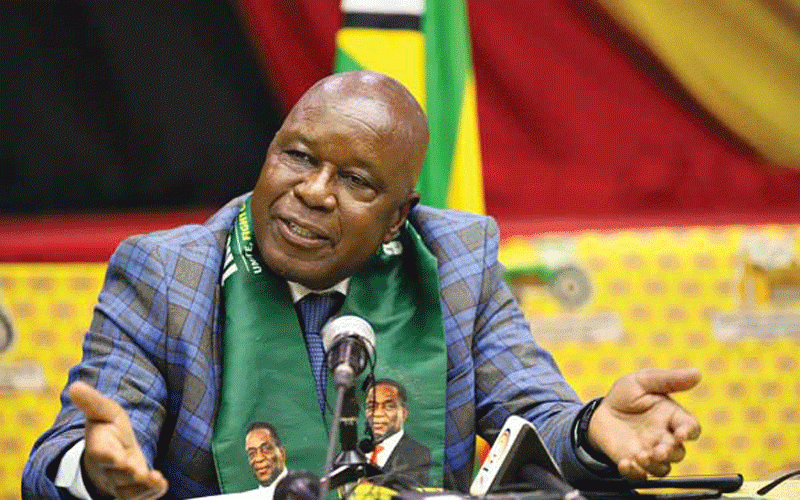
A LOCAL health advocacy group, Citizen Health Watch (CHW), has said government should thoroughly scrutinise any new players in the blood services after it showed its willingness to end the National Blood Services of Zimbabwe (NBSZ) monopoly in order maintain the high health standards in the country.
by PAIDAMOYO MUZULU
CHW remarks come in the wake of Medicines Control Authority of Zimbabwe’s decision last week to liberalise the blood market so that the resultant competition would result in the drop of prices for the invaluable commodity.
“It is critical that any new entrants are properly vetted and have requisite experience, infrastructure and technology to ensure adequate, reliable, accessible and safe blood supplies,” CHW said.
NBSZ had since independence enjoyed a monopoly in the sale of blood for transfusion to patients in hospitals. The blood currently is being sold in health institutions at between $150 and $200 per unit.
The organisation, however, warned that the liberalisation of the market should not make the government allow NBSZ to collapse in the impending market competition as it plays a critical role.
“While plans are being put in place for the entry of other players, the authorities must ensure adequate funding for the existing supplier, NBSZ, to ensure its viability,” it said.
CHW said entry of new players should be accompanied by the drop in blood price and rise in quality of service to patients.
- Chamisa under fire over US$120K donation
- Mavhunga puts DeMbare into Chibuku quarterfinals
- Pension funds bet on Cabora Bassa oilfields
- Councils defy govt fire tender directive
Keep Reading
“We hope the entry of other suppliers will ensure a drop in the cost of blood and encourage innovation in attracting and retaining donors to ensure adequate supplies all the time.”
Zimbabwe, since dollarisation in 2009 in response to the declining economy, has been privatising most of the social services such as health and education. All the referrals hospitals to date now have well-established private wards which cater for the high-end clientele who can pay for services in cash.
On the other hand, tertiary education colleges now charge high tuition fees in addition to running bloc release programmes as a means to raise revenue to support the school administration.











